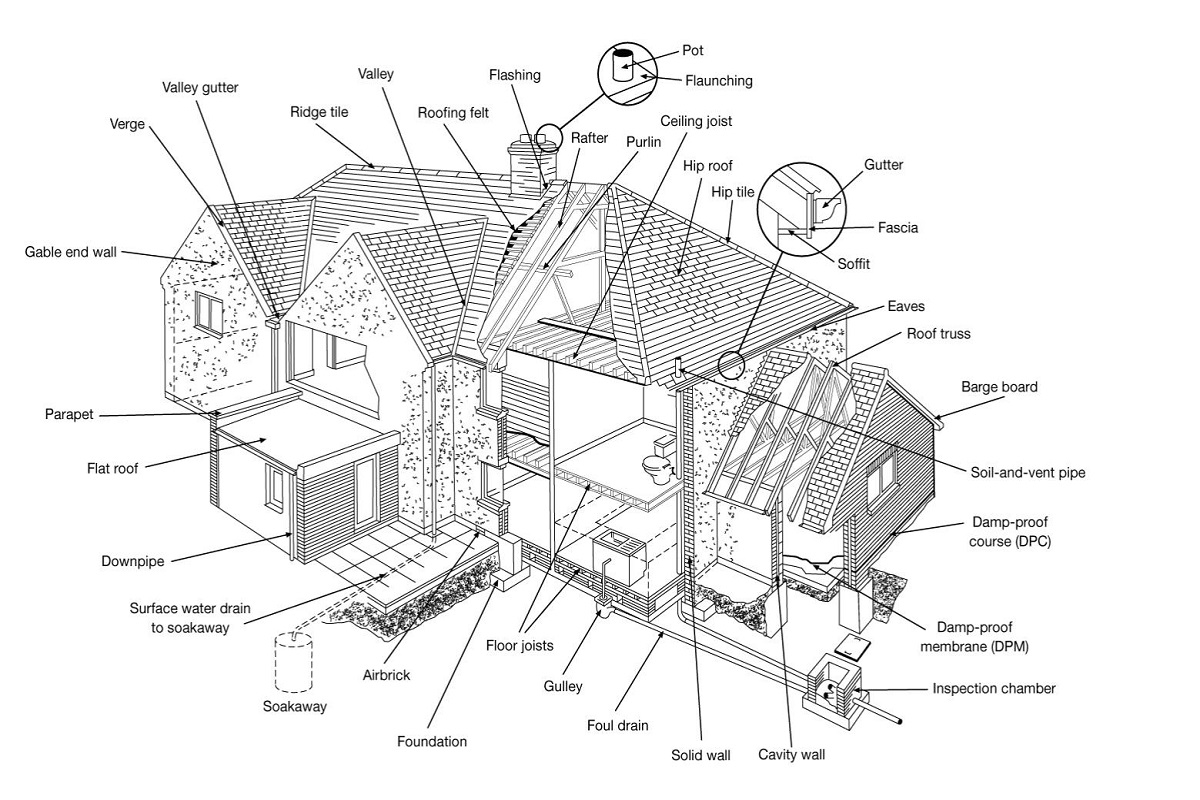Countrywide Surveyors Limited, registered in England and Wales under company no: 01954031. Registered Office Greenwood House, 1st Floor, 91-99 New London Road, Chelmsford, Essex CM2 0PP. VAT number 500 2481 05
Countrywide Surveyors Limited is regulated by RICS for the provision of surveying services. This means we agree to uphold the RICS Rules of Conduct for Firms and all other applicable mandatory professional practice requirements of RICS, which can be found at www.rics.org. As an RICS regulated firm we have committed to cooperating with RICS in ensuring compliance with its standards.
Privacy Policy | Cookie Policy | Terms of use | Modern Slavery statement | Required Disclosures | Countrywide PLC Archive
Copyright © 2025 Countrywide Limited


